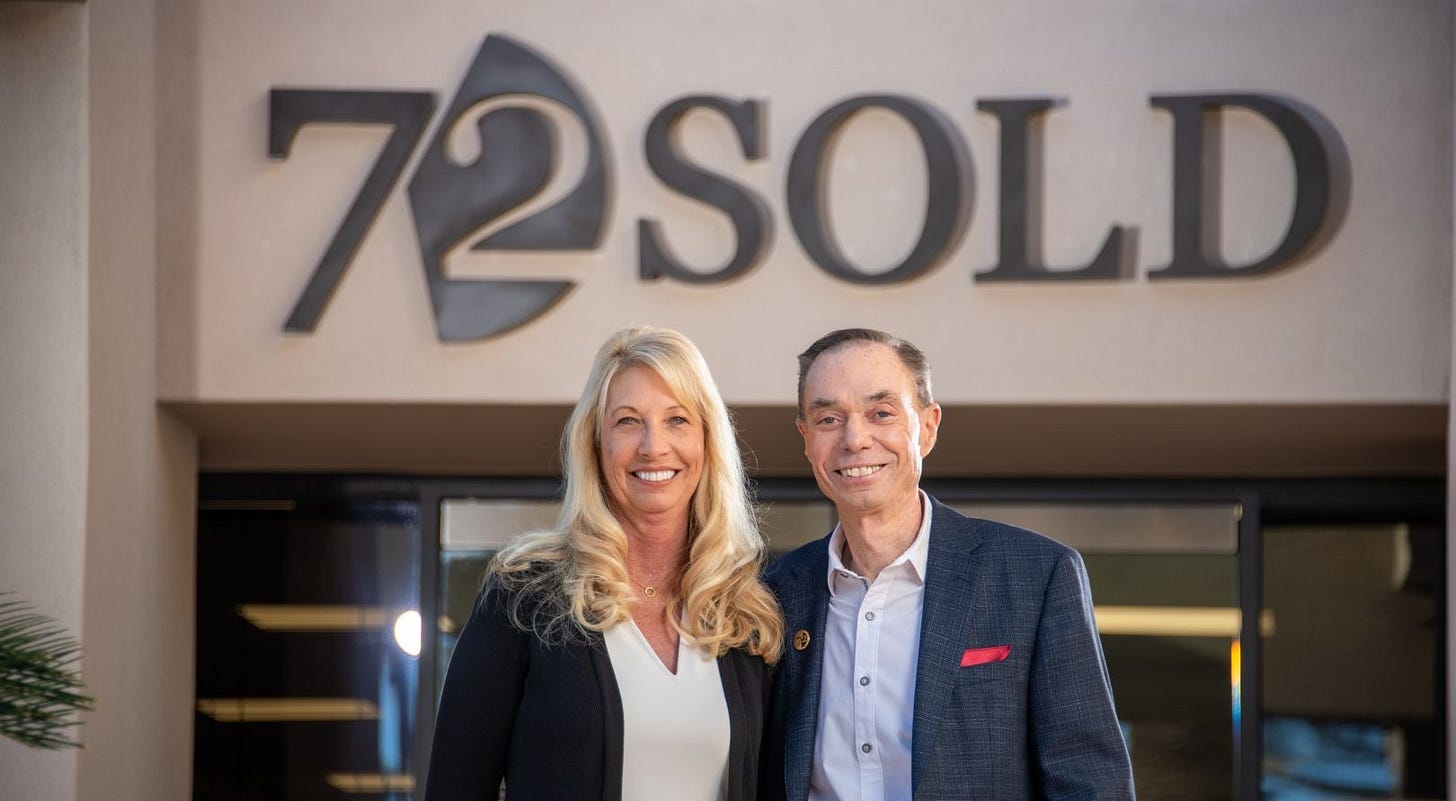Guest Post: Fair Play & Agent Liability
A well-written open letter from Greg Hague
The following is a guest post from Greg Hague, CEO of 72Sold. I have converted it from a letter with permission. Other than minor formatting changes, and removing introduction and farewells common to letters, I have not edited anything from what Greg sent me. There is no music video at the end, since Greg did not provide one.
I do not necessarily agree o…
Keep reading with a 7-day free trial
Subscribe to Notorious R.O.B. to keep reading this post and get 7 days of free access to the full post archives.



